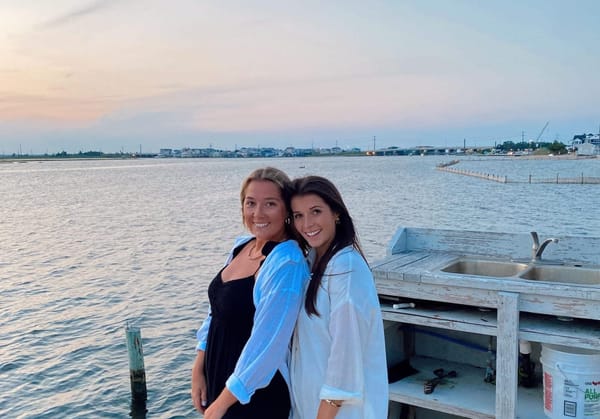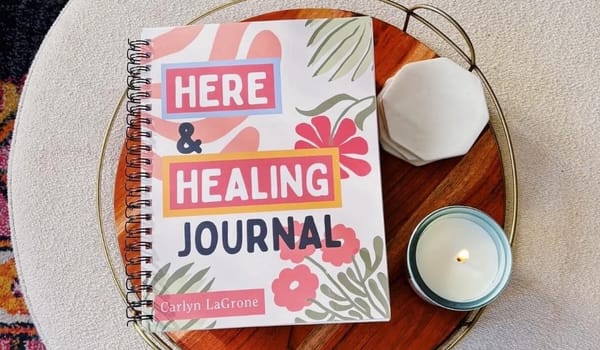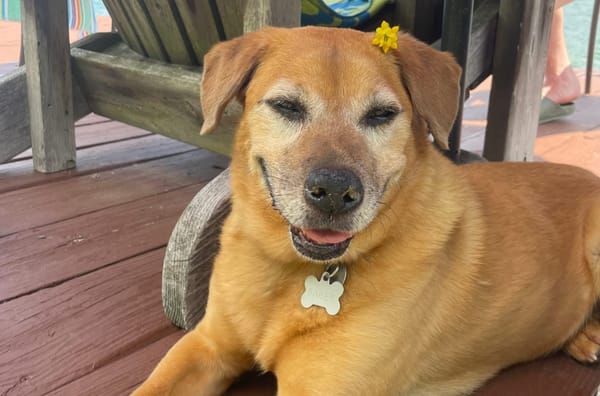Bayley’s Story: “I Entered Foster Care at 7 Years Old.”

“I never thought I’d make it through high school—let alone college,” Bayley says.
But this past May, he earned his bachelor’s degree.
“It seems like a dream,” he says. “It’s crazy that I’m here now, but I’m very thankful for it all.”
For Bayley, this achievement marks a major turning point.
“I overcame and went through a lot growing up in the foster care system… Having to stand up in front of the court at the age of 12, testifying that I don’t want to live with my mom, being reunited with her twice, going back into foster care.”
Only 3% of foster youth graduate from college—and among them, approximately 1% are young men. Bayley entered the foster care system at 7 years old.
Though he never expected to be taken from his mom, even in elementary school he knew she wasn’t caring for him and his brother. She spent most days asleep, addicted to alcohol and prescription drugs.
They took care of themselves—relying on her food stamps to get by on cereal and microwaveable meals.
“There were a lot of days where I’d try to wake her up and shake her as much as I could, but she just wouldn’t wake up… There were a couple times I thought she was dead.”
It was obvious to neighbors, school staff, and friends that Bayley’s mom was neglecting him and his brother. His school had an open truancy case due to his frequent absences.
After multiple reports, Child Protective Services picked him up one day during school.
“Next thing you know, they take us to an office, put us in this room and leave… And we’re like, what the hell’s going on? Then finally, they come back in and let us know we’re being removed from our mother.”
Despite the neglect, he wanted to stay with his mom.
“She was our primary parent. Our dad was absent for years at that point. She just meant a lot to me—even though she wasn’t really doing what she was supposed to do, I didn’t want to be taken away from her.”
But foster care didn’t protect him from harm. His first placement exposed him to emotional and physical abuse.
When he and his brother reported it, their first two social workers ignored them, failing to file an investigation.
“I felt like they really didn’t care about us,” he said. “Our monthly meetings felt so robotic, like they were just checking off a box.”
At seven, Bayley felt powerless—he didn’t have a voice against his reality.
He was allowed to visit his mom, but it only made things harder.
“I’d always just cry and tell her I wanted to go back and live with her.”
But as he got older, he began to understand the depth of his neglect.
“Your parents are supposed to take care of you, help you go to school, and just be an active person in your life,” he said. “And she wasn’t doing that.”
She regained custody of Bayley twice—when he was 9, and again when he was 11—but fell into old patterns each time.
“It just hurts a lot, having your mother abusing drugs and alcohol after all of these promises she made to you—that she’ll be clean, she’ll be sober, she wants you back. And to do it twice was really heartbreaking.”
After two unresponsive caseworkers, Bayley and his brother met Colette—the first social worker who gave them hope.
“She was asking us real questions, really showing she cared… She was like another mother in my life—with the care, the compassion, and the love she showed my brother and me.”
Colette had been in foster care herself.
“That was very, very inspiring for me—to know that my social worker was a former foster youth doing all this great work.”
After Colette investigated the abuse, Bayley moved in with a new foster parent, Angela, at age 8.
“Angela is an amazing person… She really felt like a guardian angel at the time.”
At 11, Bayley was briefly reunited with his mother again—but after six months of continued neglect, CPS removed him.
For years, he and his brother bounced between the homes of family friends—staying wherever they could.
Eventually, one of the families contacted CPS.
“They didn’t want us there anymore… while me and my brother were visiting our grandparents in Colorado, they actually packed up all of our stuff,” he said. “It happened very suddenly.”
With nowhere else to turn, CPS reached out to Angela again. Bayley returned to her home and stayed through the rest of his teenage years, until he turned 18.
Since entering foster care at 7, Bayley lived with a constant sense of confusion and loneliness—never understanding why CPS picked him up without warning, why he kept moving, or how to process losing trust in his mom.
“It was really hard to just have dreams and hopes as a young kid… going into foster care, it really crushed me. All my focus, all my attention was, you know, I just wanted to go back and live with my mom… It definitely took away a lot of my childhood.”
He kept to himself in elementary school, but by high school, he began acting out.
“I felt very alienated from the rest of my peers because I couldn’t relate to any of them. I really stopped being social at that point…
I was going through a lot—being taken away from my mom, then hearing all these other kids talk about looking up to their parents, going to the movies on the weekends.
I would make a lot of teachers and adults very mad… I was told many times I would end up just like my mom, just like my dad. Even though my dad was not in the picture at all… They’d tell me I’d end up in jail.”
But his high school principal took a different approach.
“She let me know if you have this attitude and you act this way for the rest of your life, it’s not going to help you get anywhere… That was a lot of motivation for me—just wanting to graduate high school because I was like, yeah, I’ll really show them.”
Around the same time, Colette introduced Bayley to SOAR for Youth, a nonprofit that empowers foster youth in middle and high school. Through summer camps and mentorship, SOAR helps young people build skills in academics, leadership, and life planning.
With support from his principal and SOAR mentors, Bayley began to see education in a new light.
“I should want to graduate for myself… I could do great things. I just have to set my mind to it.”
It only took a few people who truly cared to shift the course of his life.
After high school, he realized how much he could achieve if he worked hard. He was accepted into college and started working as a counselor with SOAR.
“I worked my first summer camp as a junior counselor in 2019 and ever since then, I’m pretty much addicted to it—I love it so much,” he says.
What keeps him coming back is the strong connection he feels to the kids.
“Seeing these young kids and their anger and frustration—I just feel like I can see my former self, walking around with all this anger at the world… I want to be a role model for them. Someone they can talk to.”
What Bayley needed all along is exactly what he now strives to be for others.
He understands the misconceptions around foster youth—that they’re “bad” kids—when in reality, most are reacting to trauma and instability.
“If I could give my younger self advice, I would tell him there’s no benefit in being angry at the world… There’s always something to learn from every situation… Despite the challenges, the adversity you face, you just always have to keep moving forward.”
“There are people in your life who love and support you… Sometimes they may not know you need help—you just have to ask for it.”
Today, Bayley is pursuing a career in social work—determined to be the kind of advocate he needed growing up.
“It’s very exciting to think about the bigger impact I can have on foster youths’ lives by working with them in a more direct role as their social worker.”
Bayley has been accepted into the Master’s of Social Work program at Sacramento State.
He’s come full circle—from a childhood shaped by instability to becoming the kind of social worker who changed his life. With the support of mentors and teachers who believed in him, he’s now stepping into that same role for others.




